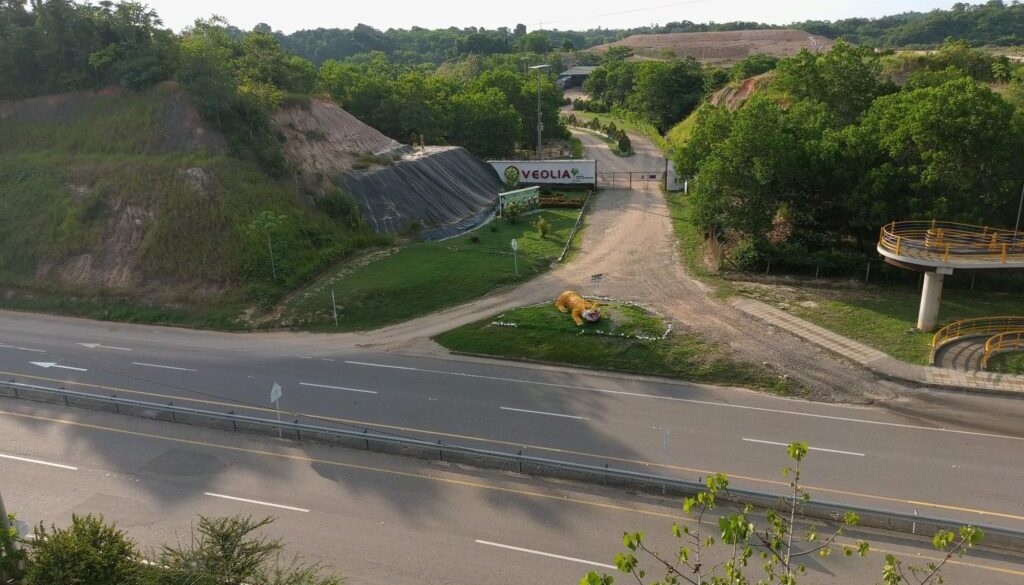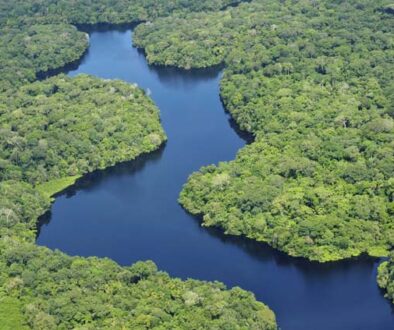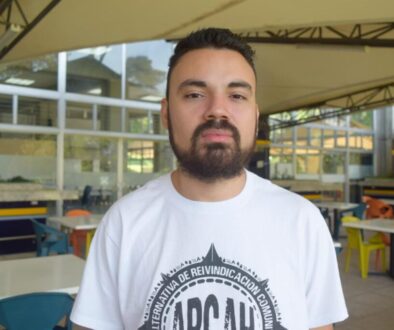Toxic Spillover: Multinational Malfeasance and the Imperative for Environmental Accountability
The relentless pursuit of economic development in the Global South often casts a long shadow, obscuring the devastating environmental and social costs borne by local communities. A recent investigation by Global Witness into the operations of French multinational Veolia in Colombia serves as a chilling reminder of this reality, exposing a blatant disregard for environmental regulations and the profound consequences for both ecosystems and human health.
Veolia, a company that boldly proclaims itself as the “benchmark company for ecological transformation”, stands accused of flagrantly discharging untreated liquid pollutants, or leachate, from its landfill into the protected San Silvestre wetlands in Colombia. This act, captured in secretly filmed footage, reveals a disturbing dichotomy between corporate rhetoric and operational practice. The investigation’s findings illuminate a grave environmental injustice, demanding urgent scrutiny of corporate accountability mechanisms and the efficacy of environmental governance frameworks.
Contamination and Consequences: An Environmental Tragedy
The implications of Veolia’s alleged actions are far-reaching and insidious. Sediment samples taken downstream from the leachate dumping sites revealed alarming concentrations of heavy metals, most notably mercury levels that exceeded safe limits by a staggering 25 times. Such contamination poses severe threats to human health, with mercury exposure linked to a range of debilitating conditions, including developmental impacts on infants.
Local communities have voiced concerns over a surge in health abnormalities, including birth defects, further intensifying the urgency of these findings. The contamination of water sources that supply drinking water to approximately 200,000 people transforms this environmental crisis into a significant public health emergency.
Beyond the immediate threat to human health, the ecological ramifications are equally dire. The San Silvestre wetlands, a rich tapestry of biodiversity and a crucial component of the region’s ecological infrastructure, face degradation. Reports indicate a decline in fish populations and instances of chemical contamination, disrupting the livelihoods of local fishing communities and signaling a broader ecological disequilibrium.
Accountability and the Global Governance Gap
Veolia’s response to these allegations has been marked by denial and deflection, highlighting a systemic challenge in enforcing corporate accountability. The company’s claims that its internal monitoring data contradicts the investigation’s findings and its attempts to question the causality between its operations and the observed contamination raise critical questions about corporate transparency and the reliability of self-reporting.
This case underscores a fundamental gap in global environmental governance. While Veolia is legally bound to comply with Colombian environmental laws, the pursuit of justice for environmental harm is often obstructed by weak regulatory frameworks, limited enforcement capacity, and the power imbalances between multinational corporations and local communities.
The Way Forward: Strengthening Environmental Democracy
The situation in Colombia highlight the urgent need to strengthen environmental democracy at both the local and global levels. This entails:
- Robust Regulatory Frameworks: Establishing and enforcing stringent environmental regulations that hold corporations accountable for their environmental impact.
- Access to Justice: Ensuring that affected communities have access to effective legal mechanisms to seek redress for environmental harm.
- Transparency and Participation: Promoting transparency in corporate operations and fostering meaningful participation of local communities in environmental decision-making.
- International Cooperation: Strengthening international legal frameworks and cooperation to address transboundary environmental issues and ensure corporate accountability across borders.
The KALLIED community plays a vital role in advancing these goals through critical research, knowledge sharing, and advocacy. By amplifying the voices of affected communities and promoting evidence-based solutions, we can contribute to a more just and sustainable future. The case of Veolia’s operations in Colombia serves as a stark reminder of the challenges ahead, but also underscores the imperative of our collective efforts to build a world where environmental protection and corporate accountability are not mere aspirations, but entrenched realities.





